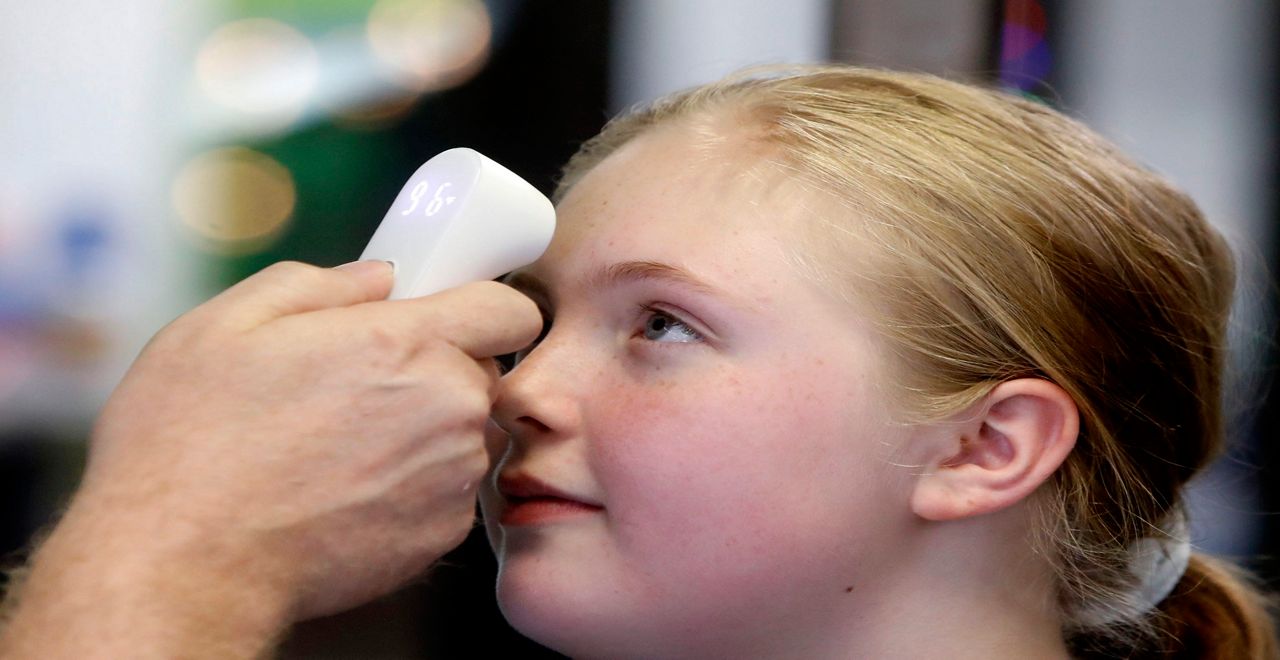MILWAUKEE (SPECTRUM NEWS) — Wisconsin now has seen six confirmed cases of MIS-C — a rare inflammatory syndrome in children that has been linked to COVID-19 — the Department of Health Services reported in a Thursday briefing.
MIS-C, which stands for multisystem inflammatory syndrome in children, is an uncommon but serious condition that has cropped up across the country over the course of the pandemic, even as the vast majority of children show less severe symptoms from COVID-19 infections. A lot of questions remain about the exact causes of the syndrome, which can cause dangerous flare-ups in different parts of kids’ bodies.
“It’s not known exactly what causes MIS-C, but it appears to be triggered by COVID-19 infection,” said Ryan Westergaard, chief medical officer for the DHS Bureau of Communicable Diseases. “It’s possibly related to an abnormal reaction of the immune system to the virus.”
Westergaard said the condition can affect the heart, lungs, kidney, brain, skin, eyes, or gastrointestinal organs. Many children affected by MIS-C test negative for active COVID-19 infections, but test positive for antibodies — meaning they were likely infected in the past, according to the Mayo Clinic.
Doctors in Wisconsin had previously reported a greater number of suspected MIS-C cases: In June, Children’s Wisconsin identified seven potential cases in local patients. So far, though, Westergaard said only six patients had been officially confirmed through consultation with local providers and the CDC.
Four of those confirmed cases were in kids under the age of 10, while the other two were between the ages of 10 and 15, Westergaard said. All six of the Wisconsin patients had been hospitalized at some point, and two of them are still being treated in the hospital, he said.
A recent study funded by the CDC found a median age of 8.3 for a group of 186 patients hospitalized with MIS-C. The study concluded that the syndrome could cause “serious and life-threatening illness in previously healthy children and adolescents.”
Warning symptoms of MIS-C may include persistent high fever, swollen hands and feet, rash, and red eyes and tongue, according to Children’s Wisconsin. The syndrome shares some similarities with Kawasaki disease, another rare condition that causes inflammation, although that disease mostly affects children younger than 5.
So far, there’s no specific test for MIS-C, but Children’s Wisconsin recommends parents reach out to a pediatrician with any concerns or potential symptoms. Westergaard says the DHS will continue to monitor potential cases.
“[MIS-C] is one of the ways COVID continues to affect communities, and is an example of why we must do all that we can to stop its spread,” Westergaard said.



